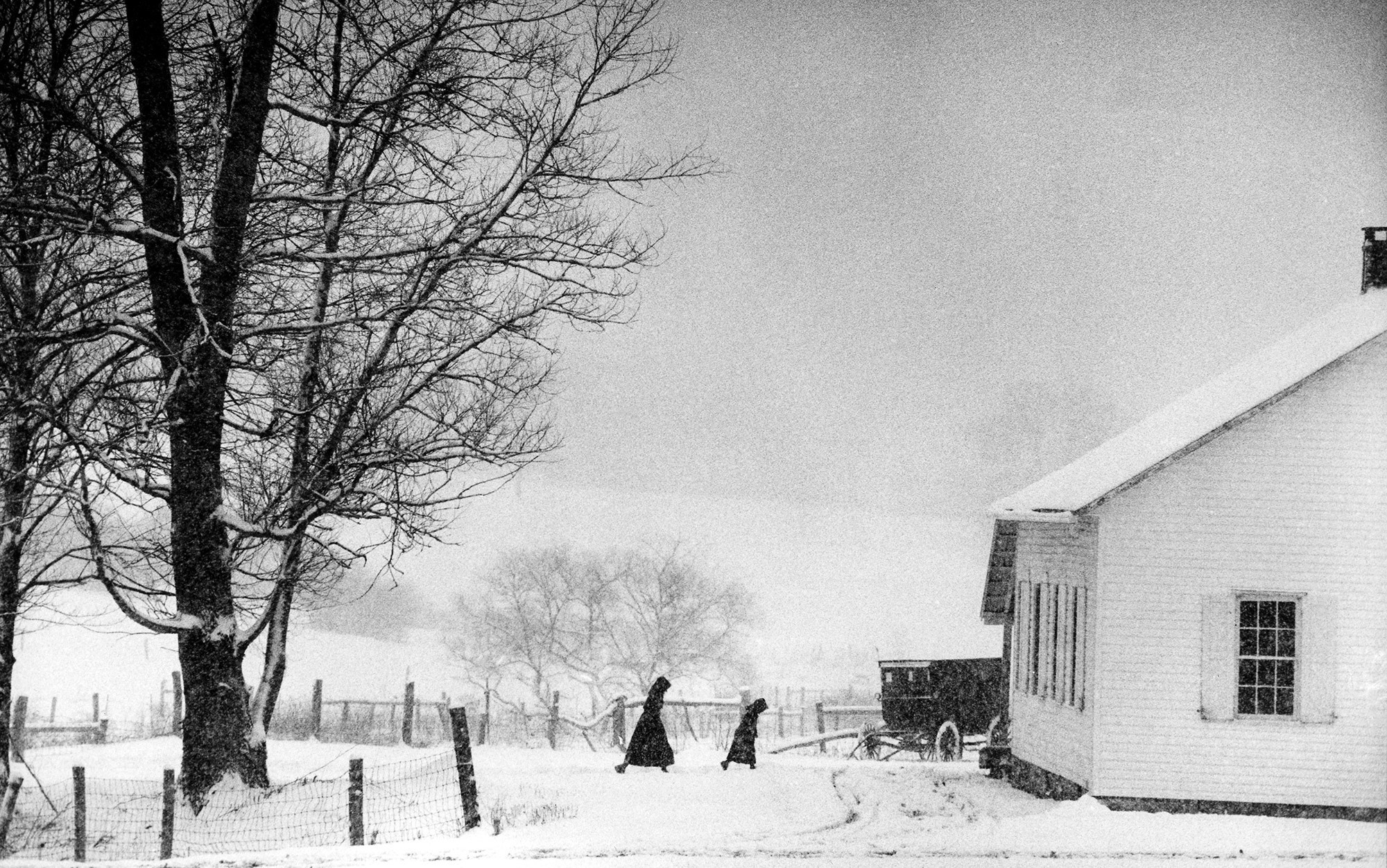SESSION 06
INDIVIDUAL IDENTITY
INDIVIDUAL IDENTITY
CONSIDER HOW YOU FIT INTO THE ORGANIZATION THAT IS THE NATION, THE STATE

Why, we wonder, and how, did revolutionary-era Americans choose to adopt a radical regime of religious freedom?
Their reasons did not rely on any idealistic consensus that religion must be separate from politics and instead owed everything to their deep suspicion of power in the hands of flawed humanity. Informed by centuries of European history, revolutionary-era Americans believed that governments empowered to coerce belief – long the common European practice – became tyrannical. History proved that, where religion was concerned, governments resorted to coercion. Consequently, to provide a barrier against tyranny, key American patriots believed that protecting religious freedom was vital.
But old ways died hard.
‘Here we are all the same’ by Richard D Brown, Aeon Magazine, 28 June 2017
You don't have to read these unless you wish to, but we might touch upon them in conversation
Organizational members cognitively compare their identity perceptions and expectations, and the resulting level of identity congruence significantly affects their level of organizational commitment
... the values inherent in a given identification may legitimately demand the conscious sacrifice of self-enhancement and even self-preservation for the sake of the larger entity or cause ... the wish to identify is nearly universal and that it can be beneficial. The caveat is that identification requires discernment and balance.
things we'll talk about
If the session will include an in-class exercise, it will be noted here.

something to take away
Staff Benda Bilili and a comment from the Deutsche Welle item about them. The band's name Staff Benda Bilili roughly translates as "bring forth the invisible".
They call themselves "Staff Benda Bilili": eight musicians who all suffer from polio. Their instruments are homemade, and in some cases even invented by their players. They live outdoors on the streets of Kinshasa, the capital city of the Democratic Republic of Congo and were brought together by their love of music and life, their wit and their musical talent. Now they are touring across Europe.